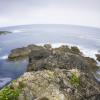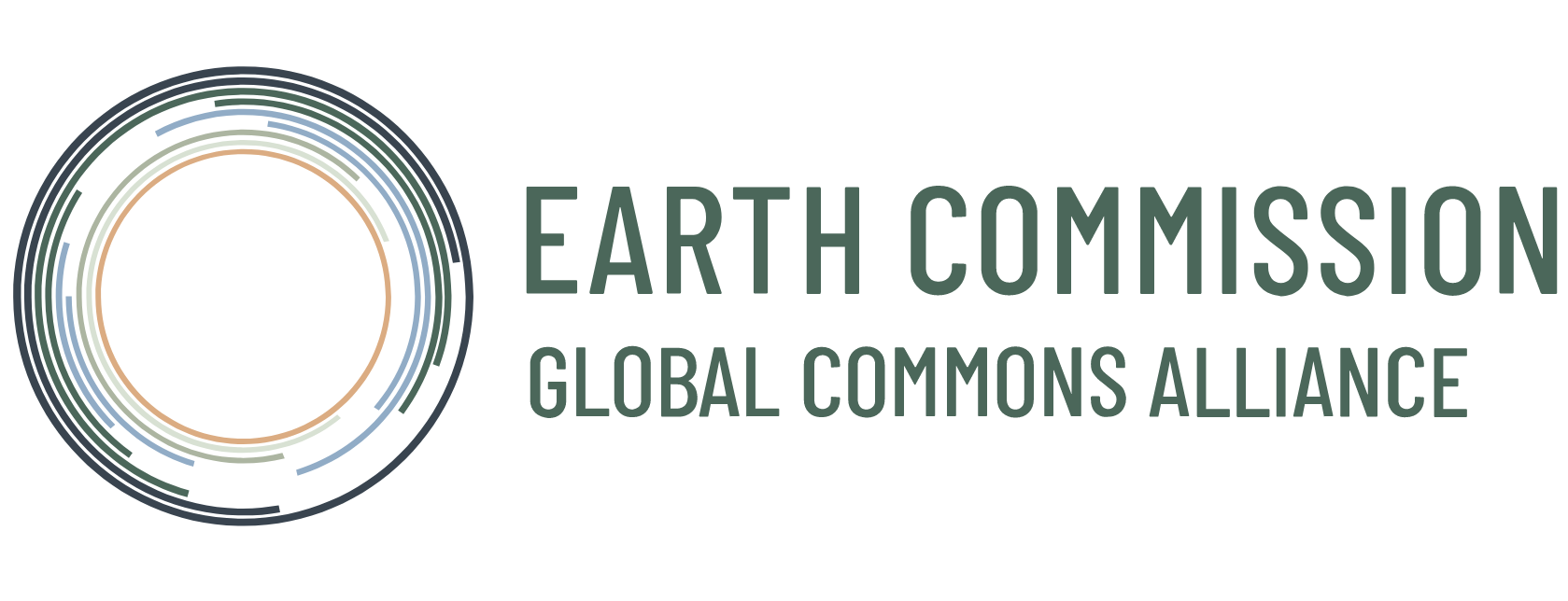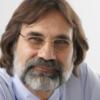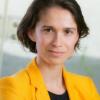
The Earth Commission is a global team of scientists with the mission to define a safe and just corridor for people and planet.
 © earthcommission.org
© earthcommission.org
The Earth Commission is an international team of leading natural and social scientists appointed by Future Earth and five other scientific organizations within the Global Commons Alliance: the Global Environment Facility, the International Institute of Applied Systems Analysis, the International Union for Conservation of Nature, the Stockholm Resilience Centre, and the World Resources Institute.
Announced in September 2019, in 2020 five working groups five working groups with additional experts were established. The experts were selected by the Earth Commission, based on the original call for nominations, as well as targeted nominations drawing on the expertise of Future Earth’s global research networks.
Emeritus Research Scholar Nebojsa Nakicenovic and Research Scholar Caroline Zimm are contributing to the Earth Commission’s work as part of the Technical Support Unit.
Related Events
IIASA is spearheading a series of online discussions convened by AIMES, Future Earth, Earth Commission and the World Climate Research Programme of the World Meterological Organization. The series aims to advance the knowledge about tipping points, irreversibility, and abrupt changes in the Earth system. It supports efforts to increase consistency in treatment of tipping points in the scientific community, develop a research agenda, and design joint experiments and ideas for a Tipping Element Model Intercomparison Project (TipMip). The 60-90 min events are held monthly and feature presentations from scientists working on the frontiers of earth systems research as well as social sciences.
Register here for each event individually to receive joining instructions. When an event has passed, you can access recordings and materials on the series webpage: https://tippingpointsseries.confetti.events/
Related publications:
Obura, D.O., DeClerck, F., Verburg, P.H., Gupta, J., Abrams, J.F., Bai, X., Bunn, S., Ebi, K.L., Gifford, L., Gordon, C., Jacobson, L., Lenton, T.M., Liverman, D., Mohamed, A., Prodani, K., Rocha, J.C., Rockstrom, J., Sakschewski, B., Stewart-Koster, B., van Vuuren, D., Winkelmann, R., & Zimm, C. (2022). Achieving a nature- and people-positive future. One Earth 10.1016/j.oneear.2022.11.013.
Rammelt, C.F., Gupta, J., Liverman, D., Scholtens, J., Ciobanu, D., Abrams, J.F., Bai, X., Gifford, L., Gordon, C., Hurlbert, M., Inoue, C.Y.A., Jacobson, L., Lade, S.J., Lenton, T.M., McKay, D., Nakicenovic, N. , Okereke, C., Otto, I.M., Pereira, L.M., Prodani, K., Rockström, J., Stewart-Koster, B., Verburg, P.H., & Zimm, C. (2022). Impacts of meeting minimum access on critical earth systems amidst the Great Inequality. Nature Sustainability 10.1038/s41893-022-00995-5.
Andersen, I., Ishii, N., Brooks, T., Cummis, C., Fonseca, G., Hillers, A., Macfarlane, N., Nakicenovic, N. , Moss, K., Rockström, J., Steer, A., Waughray, D., & Zimm, C. (2021). Defining “Science-based Targets”. National Science Review 8 (7) nwaa186. 10.1093/nsr/nwaa186.
Rockström, J., Gupta, J., Lenton, T.M., Qin, D., Lade, S.J., Abrams, J.F., Jacobson, L., Rocha, J.C., Zimm, C. , Bai, X., Bala, G., Bringezu, S., Broadgate, W., Bunn, S.E., DeClerck, F., Ebi, K.L., Gong, P., Gordon, C., Kanie, N., Liverman, D.M., Nakicenovic, N. , Obura, D., Ramanathan, V., Verburg, P.H., van Vuuren, D.P., & Winkelmann, R. (2021). Identifying a safe and just corridor for people and the planet. Earth's Future 9 (4) e2020EF001866. 10.1029/2020EF001866.

